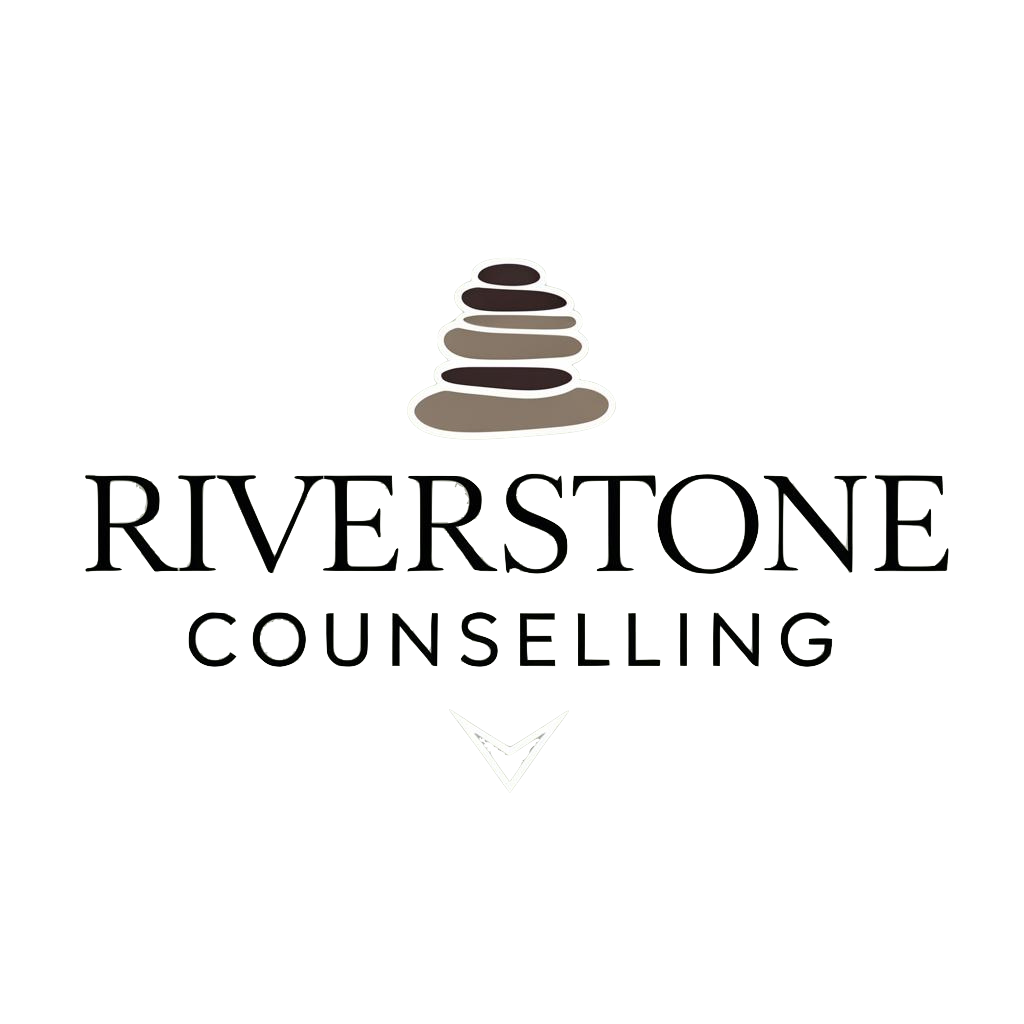Level up emotional intelligence: The power of validation
In a world that often feels fast-paced and disconnected, the ability to truly listen and validate another person’s experience is a rare and transformative skill. Validation and reflective listening are not just communication techniques—they are pathways to deeper relationships, greater empathy, and a more fulfilling life.
Has your partner told you they don’t want you to fix the problem, they just want you to listen? Here is a great short clip that demonstrates this common tension:
Whether in the workplace or at home, relationships thrive when people feel seen, heard, and understood. You can feel the exasperation he exudes because he just wants to help her get the nail out; but, she wants him to understand the IMPACT of the nail. Validation skills help us build trust, resolve conflict, and foster emotional safety. And when relationships flourish, so do we.
What Is Validation?
Validation is the act of acknowledging and accepting another person’s internal experience—thoughts, feelings, and behaviors—even if we don’t agree with them. It’s about recognizing the truth in someone’s emotional reality. Validation doesn’t mean approval; it means understanding.
What Is Reflective Listening?
Reflective listening is the practice of actively listening and then paraphrasing or summarizing what the speaker has said to confirm understanding. It’s a way of saying, “I hear you, and I’m trying to understand you.” This builds connection and reduces defensiveness.
Together, these skills form the backbone of emotionally intelligent communication.
The Six Levels of Validation
Developed in dialectical behavior therapy (DBT), the six levels of validation offer a structured way to deepen empathy and connection. Let’s explore each level and how it enhances relationships:
1. Being Present
The first level of validation is simply being present—physically, emotionally, and mentally. It means putting away distractions, making eye contact, and giving someone your full attention.
Benefit: In both personal and professional settings, presence communicates respect and care. It lays the foundation for trust and signals that the other person matters.
2. Accurate Reflection
This involves reflecting back what the person is saying, without judgment or interpretation. It’s the core of reflective listening.
Example: “It sounds like you’re feeling overwhelmed by the new project deadlines.”
Benefit: Accurate reflection helps people feel heard and understood. In the workplace, it can de-escalate tension and improve collaboration. In personal relationships, it fosters emotional intimacy.
3. Reading Between the Lines
This level involves noticing unspoken emotions or body language and validating them. It’s about tuning into what’s not being said.
Example: “You seem quiet today—are you feeling stressed?”
Benefit: This deepens empathy and shows emotional attunement. It’s especially powerful in leadership, parenting, and caregiving roles, where emotional cues are often subtle but significant.
4. Understanding Based on History
Here, we validate someone’s response by considering their personal history or context. It’s about recognizing that their reaction makes sense given their past experiences.
Example: “Given what you went through last year, it makes sense that this situation feels triggering.”
Benefit: This level fosters compassion and reduces judgment. In teams, it promotes psychological safety. In personal relationships, it strengthens bonds by honoring each other’s stories.
5. Normalizing Emotional Responses
This level involves recognizing that the person’s feelings are normal and understandable given the situation.
Example: “Anyone would feel anxious before a big presentation—it’s totally natural.”
Benefit: Normalizing reduces shame and self-doubt. It encourages openness and vulnerability, which are essential for meaningful relationships.
6. Radical Genuineness
The deepest level of validation is radical genuineness—being real, authentic, and emotionally honest. It means relating to the person as an equal, not as someone to fix or manage. Be a human, not a robot.
Example: “I’ve felt that way too—it’s really hard.”
Benefit: Radical genuineness creates profound connection. It’s the heart of emotional intimacy and the key to resilient, lasting relationships.
Why These Skills Matter
In the Workplace
Validation and reflective listening are essential leadership skills. They help managers build trust, resolve conflict, and motivate teams. Employees who feel heard are more engaged, productive, and loyal.
These skills also improve collaboration. When team members validate each other’s perspectives, they create a culture of respect and psychological safety—where innovation and honest feedback can thrive.
In Personal Relationships
At home, these skills are the glue that holds relationships together. They help partners navigate conflict, parents connect with children, and friends support each other through life’s ups and downs.
Validation fosters emotional safety, which is the foundation of intimacy. Reflective listening helps us stay curious instead of reactive, and respond with empathy instead of defensiveness.
The Fulfillment Factor
Ultimately, good relationships are the cornerstone of a fulfilling life. Research consistently shows that strong social connections are linked to better mental health, increased longevity, and greater happiness.
When we practice validation and reflective listening, we nurture those connections. We become better partners, friends, colleagues, and leaders. We create spaces where people feel safe to be themselves—and that’s where true fulfillment begins.
Final Thoughts
Validation and reflective listening are not just techniques—they’re expressions of emotional intelligence and humanity. They remind us that everyone wants to be seen, heard, and understood.
By practicing the six levels of validation, we can transform our relationships and enrich our lives. Whether you're leading a team, supporting a loved one, or simply trying to be a better communicator, these skills are your superpower.
So the next time someone shares something with you, pause. Be present. Reflect. Validate. And watch your relationships—and your life—flourish.
